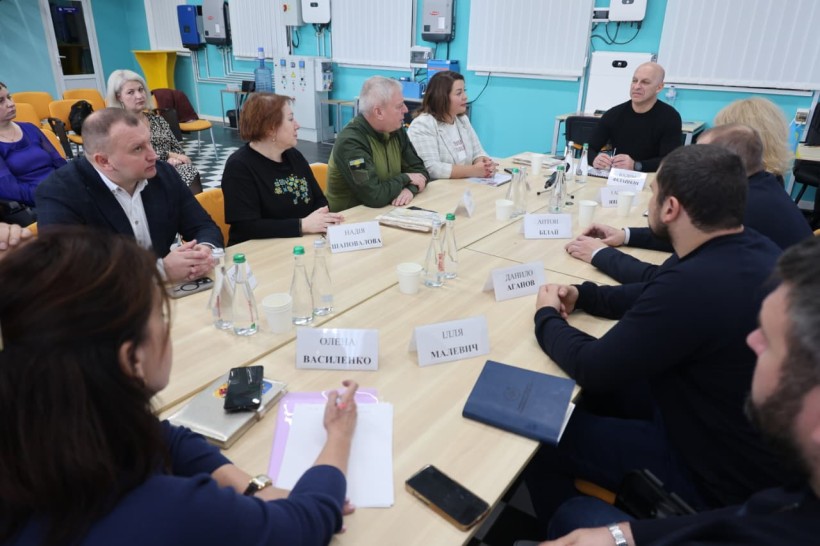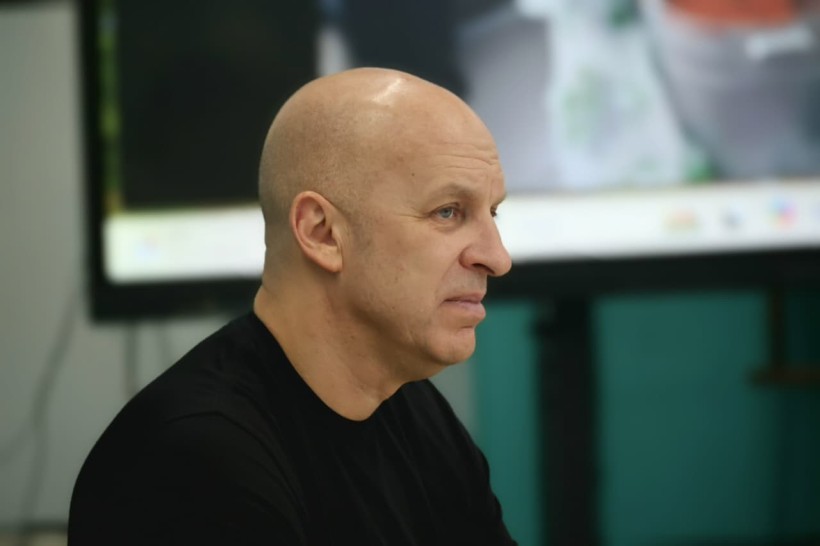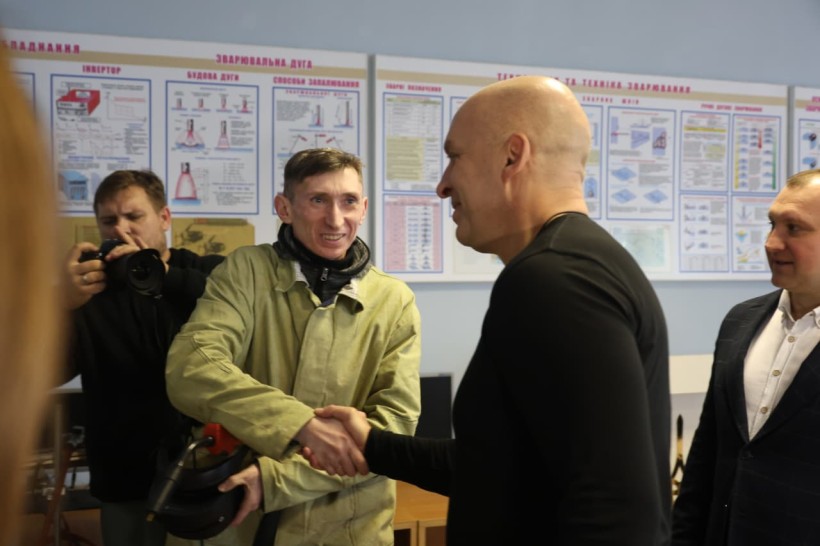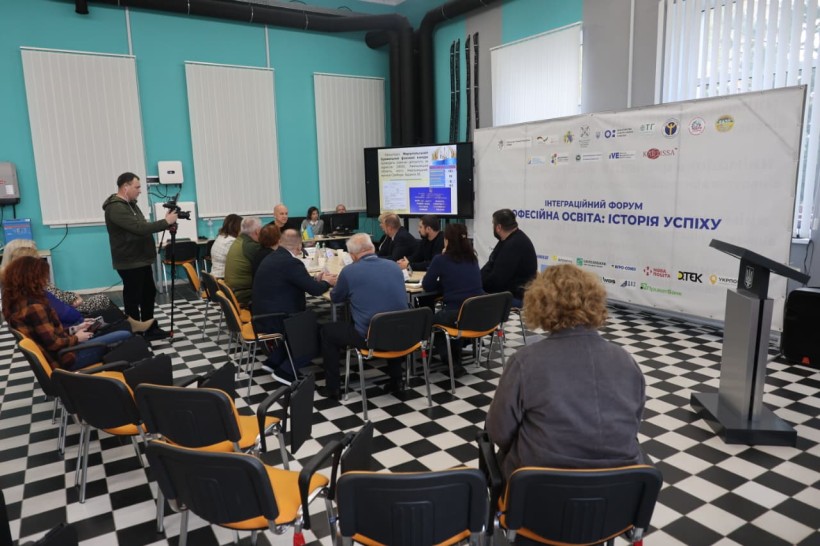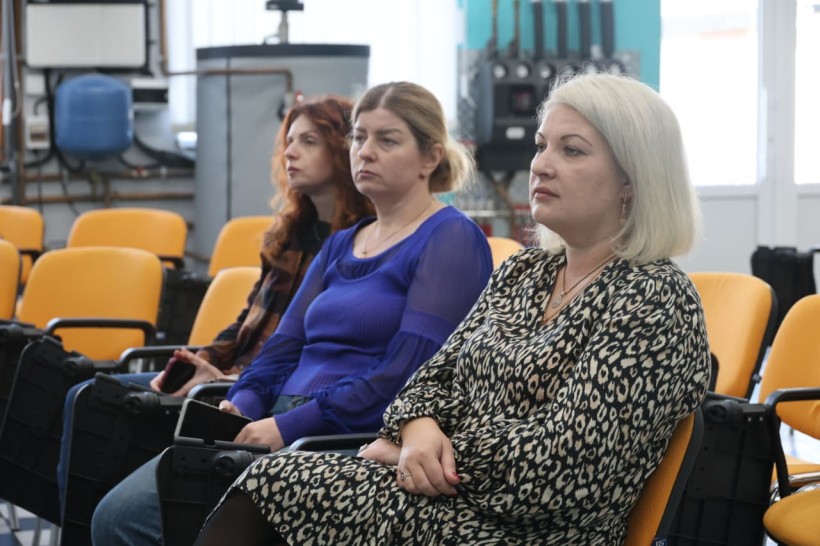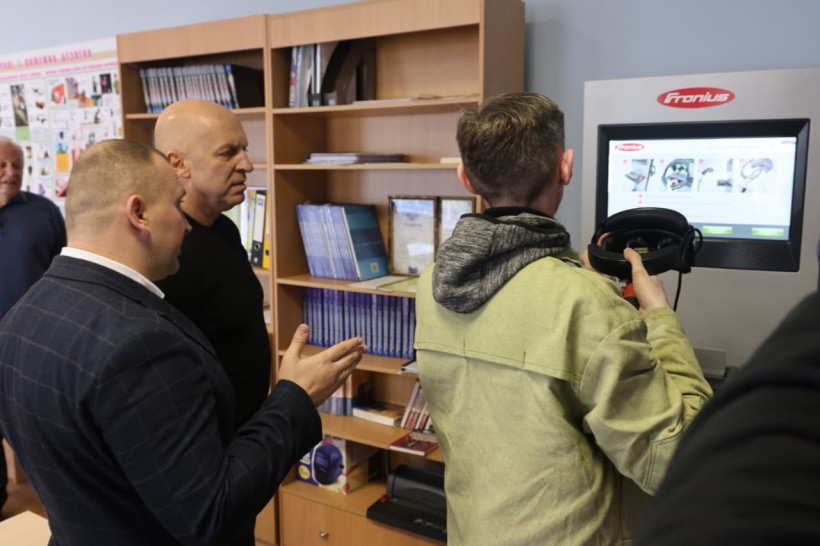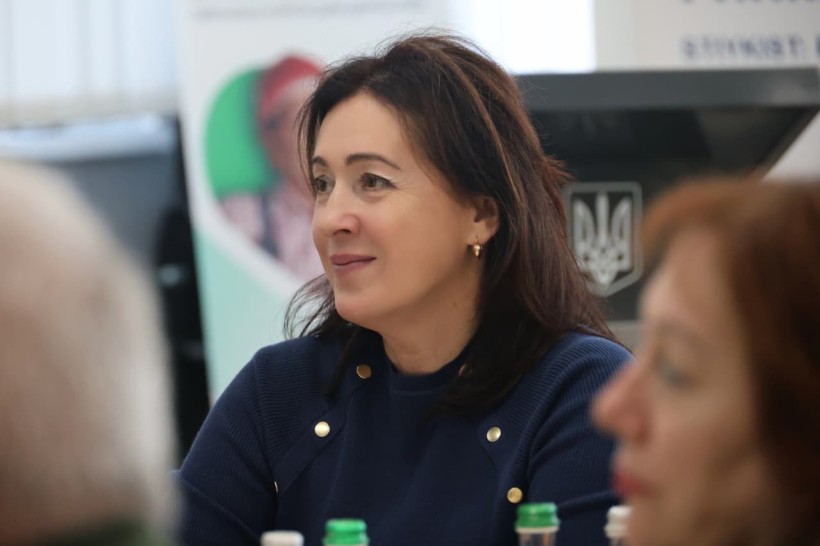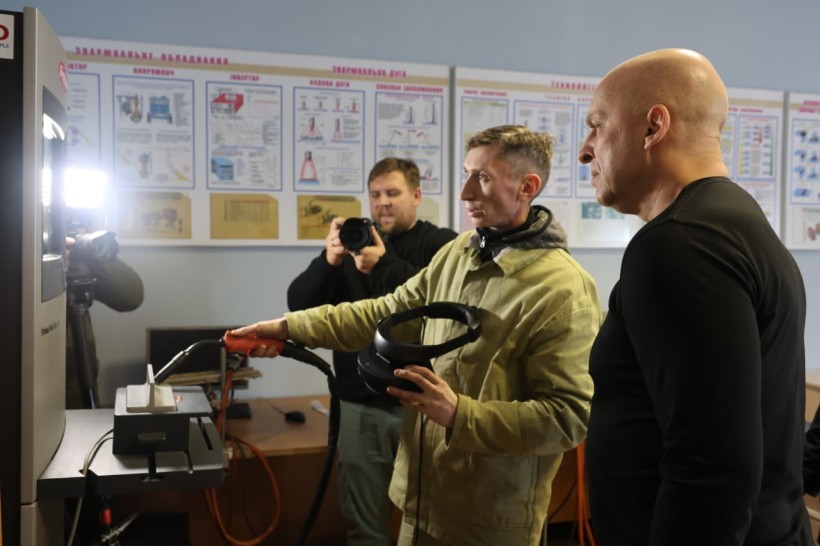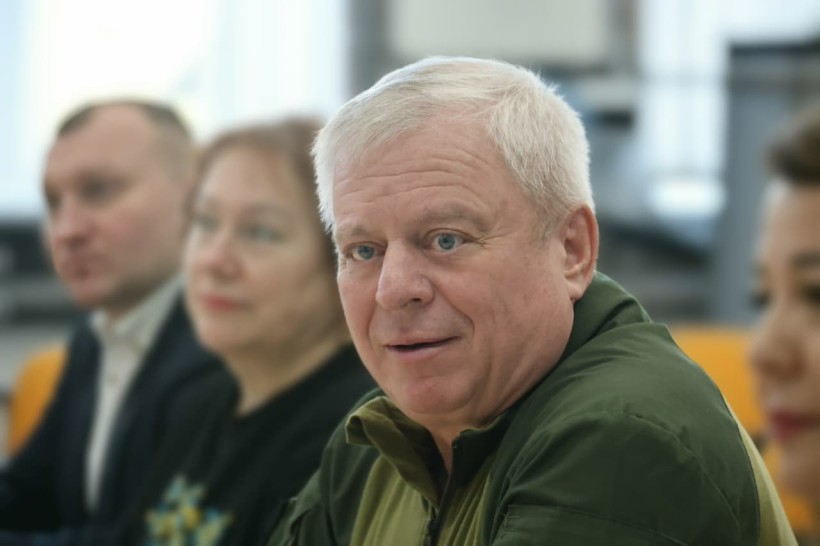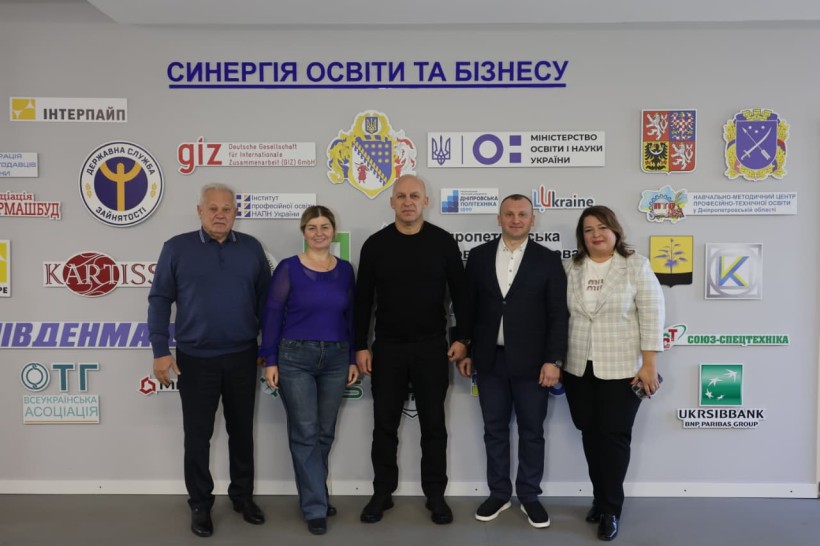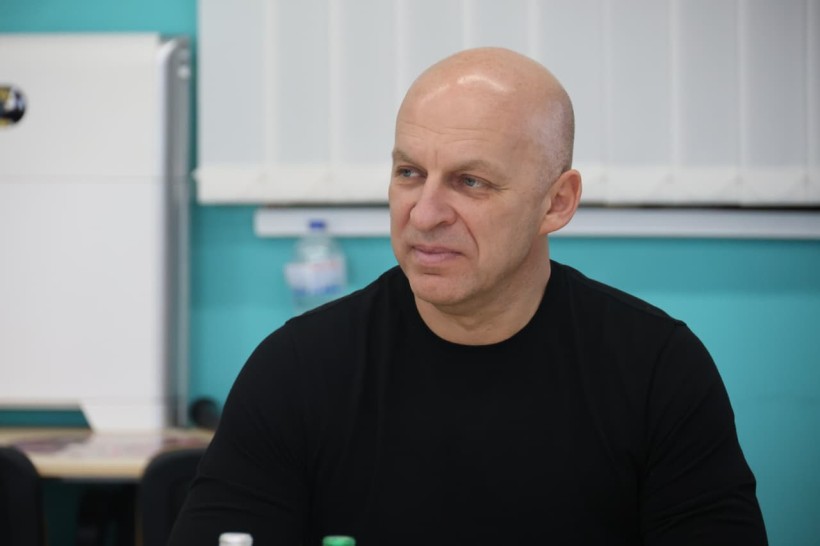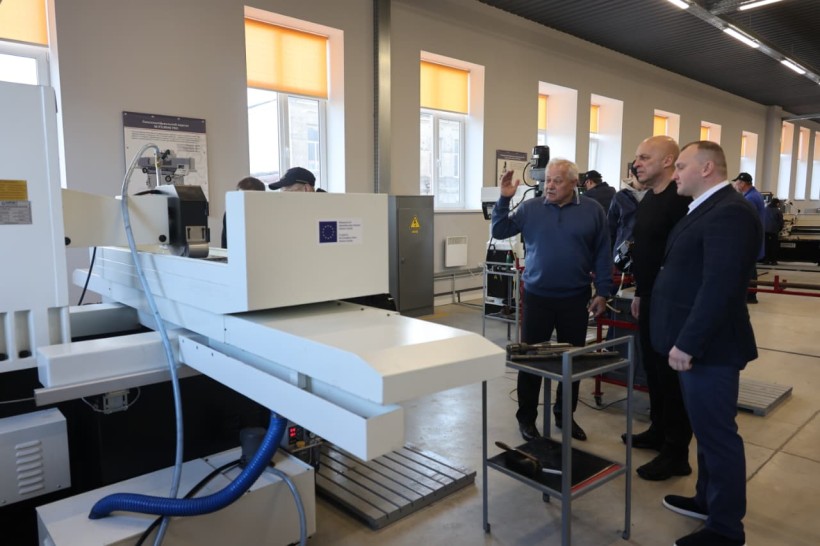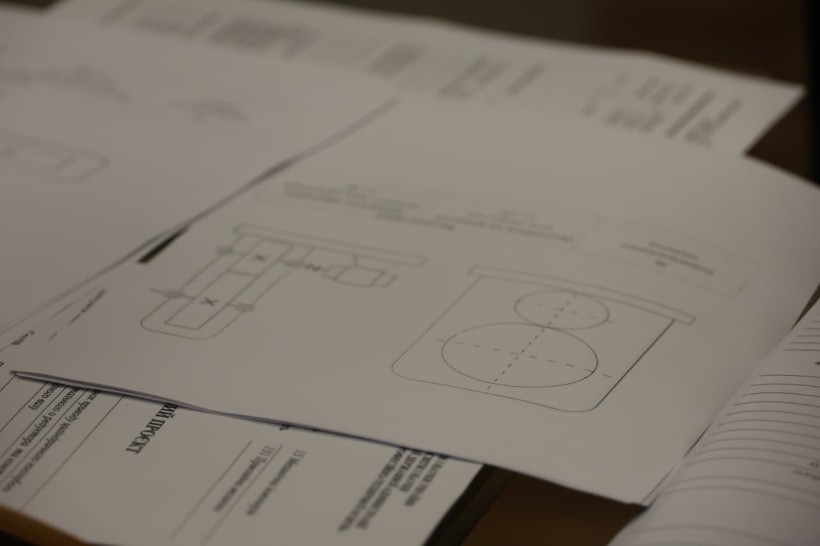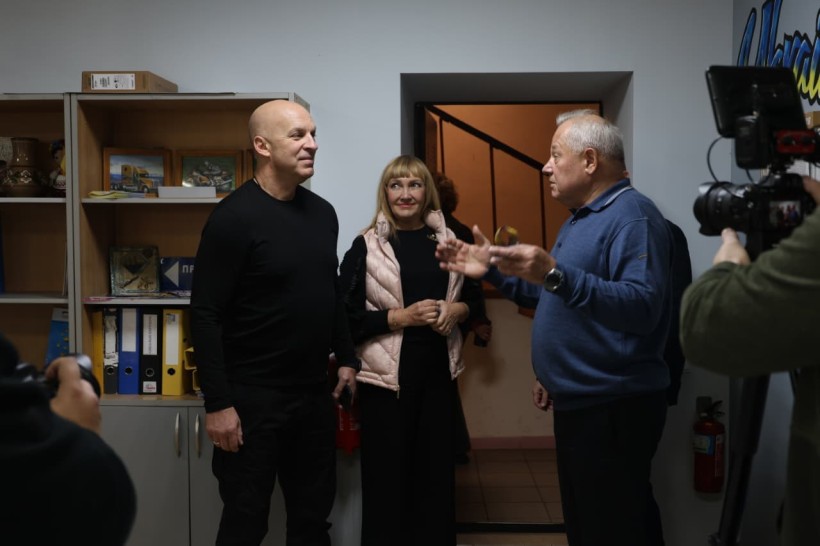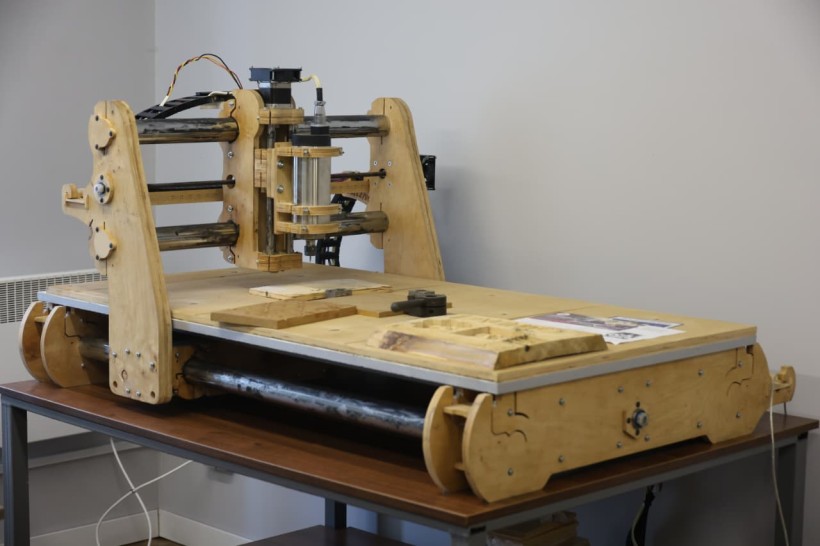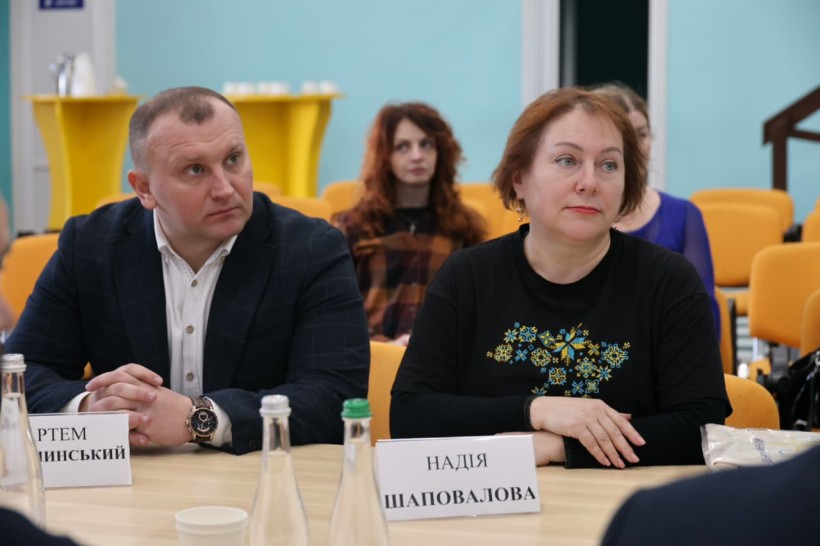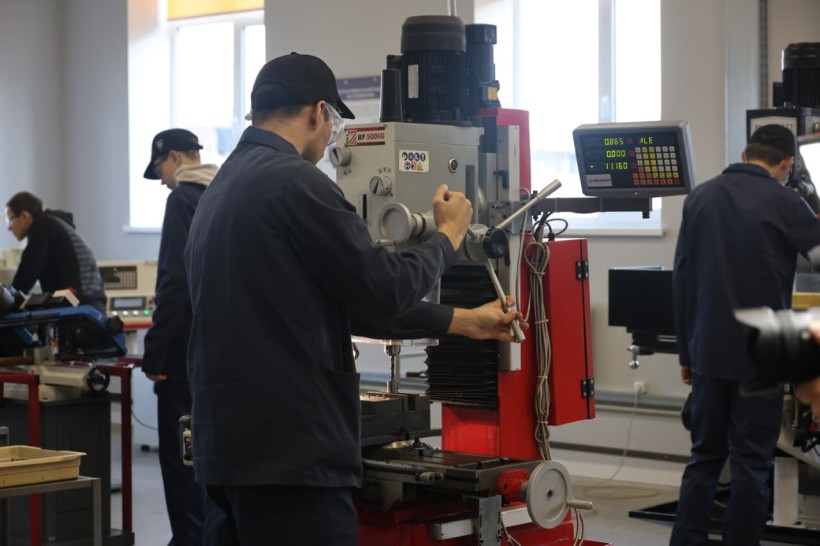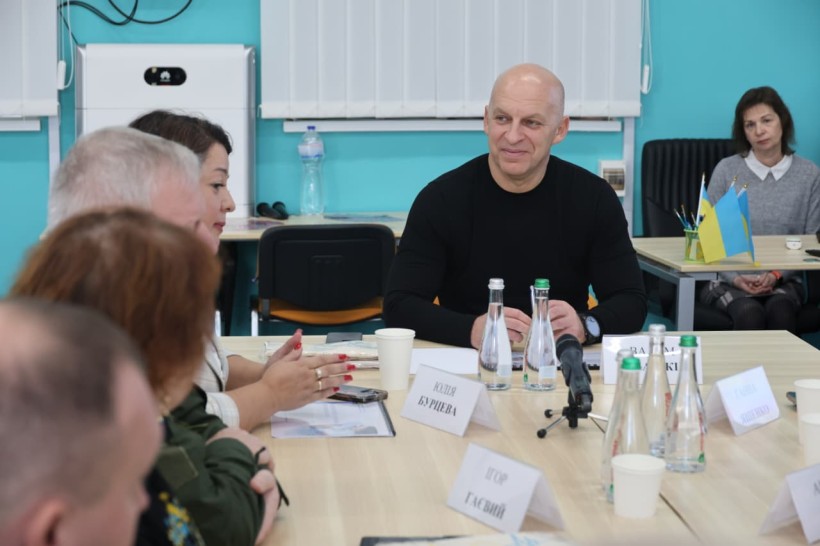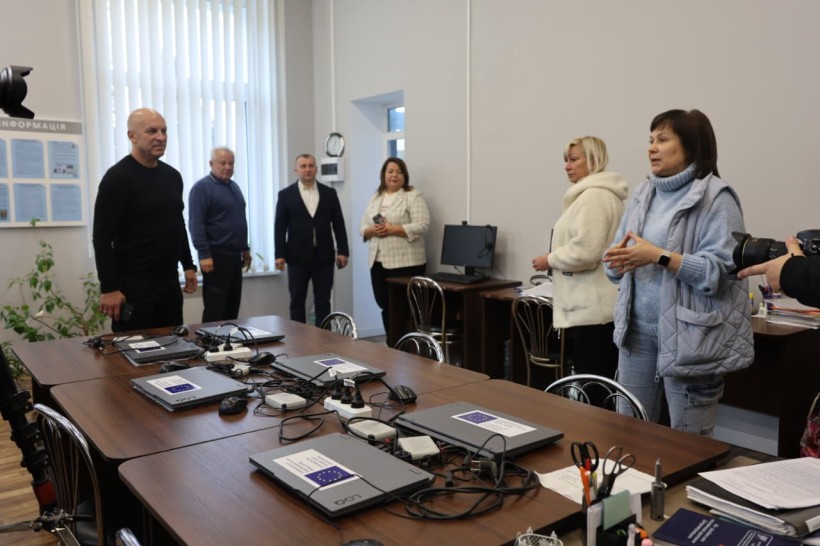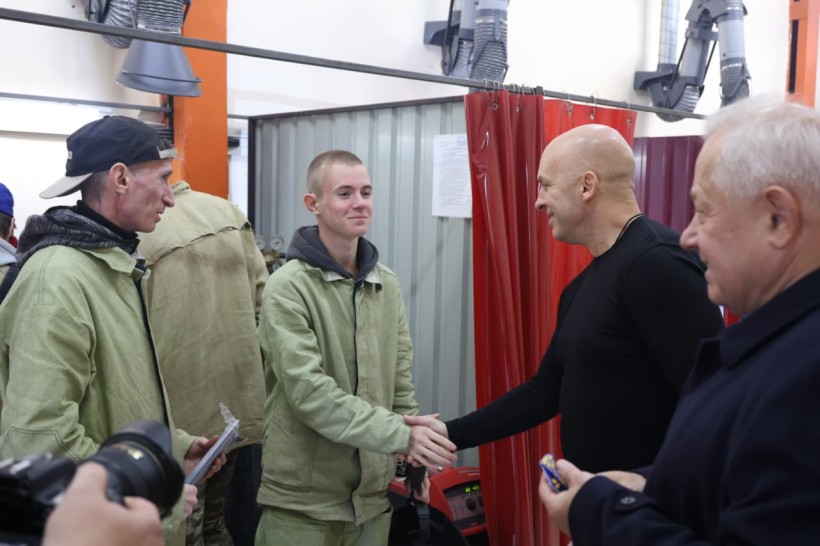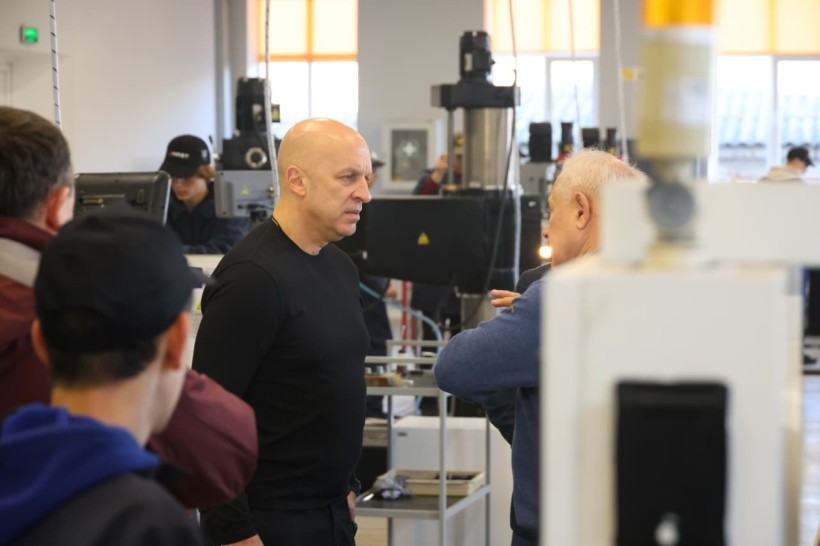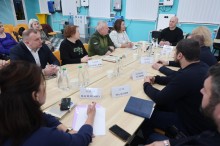

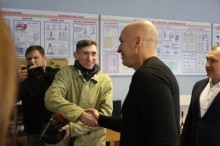


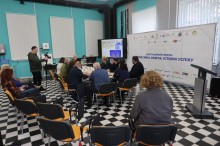
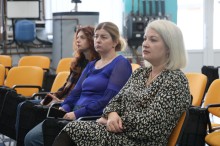
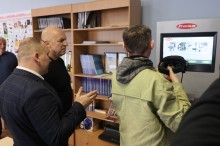
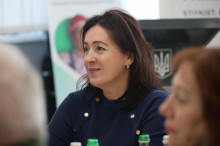
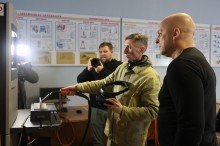
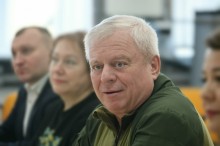
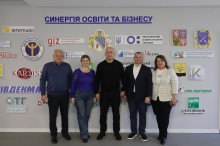


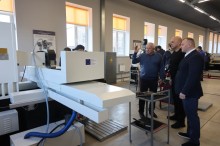

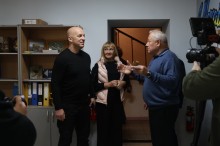
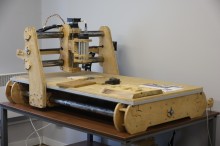

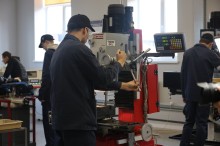

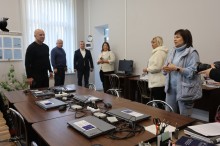
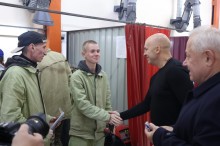
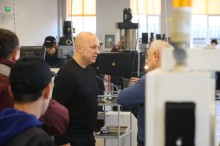
Vocational education centers relocated from Donetsk Oblast are now operating throughout Ukraine. The institutions have modern material and technical resources and training and practical centers, and students and teachers are winning national competitions.
An important task for the regional authorities at present is to preserve the educational institutions of Donetsk Oblast. The war has forced changes, shifting education online. However, in order to ensure the functioning of some educational institutions, they need to be physically relocated to safer communities.
An example of successful relocation and restoration of effective work is the Kramatorsk Center for Vocational Education, which was provided shelter and support by the Dnipro Center for Vocational Education. Vadym Filashkin, head of the Donetsk Regional Military Administration, paid a working visit to the educational institution.
During the visit, the head of the region inspected the production workshops and equipment used for practical and theoretical classes by the relocated institution.
Vadym Filashkin spoke with students and teachers, learned about the challenges they face during the educational process, as well as their achievements and aspirations to develop even in the difficult conditions of war.
It is important that our children study at our educational institutions and acquire professions that will help rebuild Donetsk region in the future.
I also met with the heads of other relocated institutions. We discussed the issues of vocational (vocational-technical) and pre-higher education. The issues of restoration, provision of material and technical resources, and raising the prestige of blue-collar professions remain among our priorities.
The head of Donetsk region stressed that it is important to continue cooperation with local communities in order to adapt to new conditions and expand partnerships so that our children have access to high-quality, modern education.
